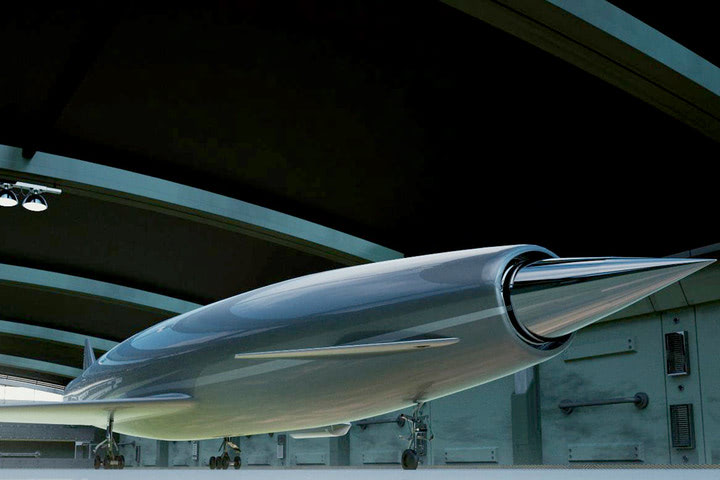Researchers from BAE Systems together with the University of Glasgow are experimenting with a new technology that in theory would be able to grow small-scale Unmanned Air Vehicles (UAVs) from chemical compounds. The breeding of drones explores how aircraft could be designed and manufactured in the future.
Professor Lee Cronin from the University of Glasgow commented: “This is a very exciting time in the development of chemistry. We have been developing routes to digitize synthetic and materials chemistry and at some point in the future hope to assemble complex objects in a machine from the bottom up, or with minimal human assistance. Creating small aircraft would be very challenging but I’m confident that creative thinking and convergent digital technologies will eventually lead to the digital programming of complex chemical and material systems”.

Cronin is developing a so-called “chemputer” that accelerates the chemical reaction from the molecular level. In a matter of days or weeks, the liquid molecular components evolve into a drone fully embedded with electronics. “This unique UK technology could use environmentally sustainable materials and support military operations where a multitude of small UAVs with a combination of technologies serving a specific purpose might be needed quickly”.

As both passenger jets and warplanes are already flying with parts made from a 3D printer, this same technology is used to build drones. In less then a year we have seen how the first jet-powered 3D printed UAV went from concept to flight in nine months. Followed by a four meter long, completely 3D printed UAV, printed over the course of a month. Cronin is taking 3D printing to a whole another level. In an interview with Digital Trends he stated: “What BAE is interested in is being able to 3D print a test tube or framework, to which you can then add chemicals and [have] those chemicals then self-assemble at nano scale to make new kinds of nano-materials”.

The breeding of drones could be a scientific breakthrough in the development of modern warfare. Professor Nick Colosimo, BAE Systems Global Engineering Fellow, is interested in how this technology “could tackle the military threats of the future”. The US Air Force already trains more drone operators than fighter pilots, relying on remote controlled vehicles. According to Colosimo, "the world of military and civil aircraft is constantly evolving”, with BAE Systems currently leading the evolution.
Source: BAE Systems. Images: Digital Trends

Share your thoughts and join the technology debate!
Be the first to comment